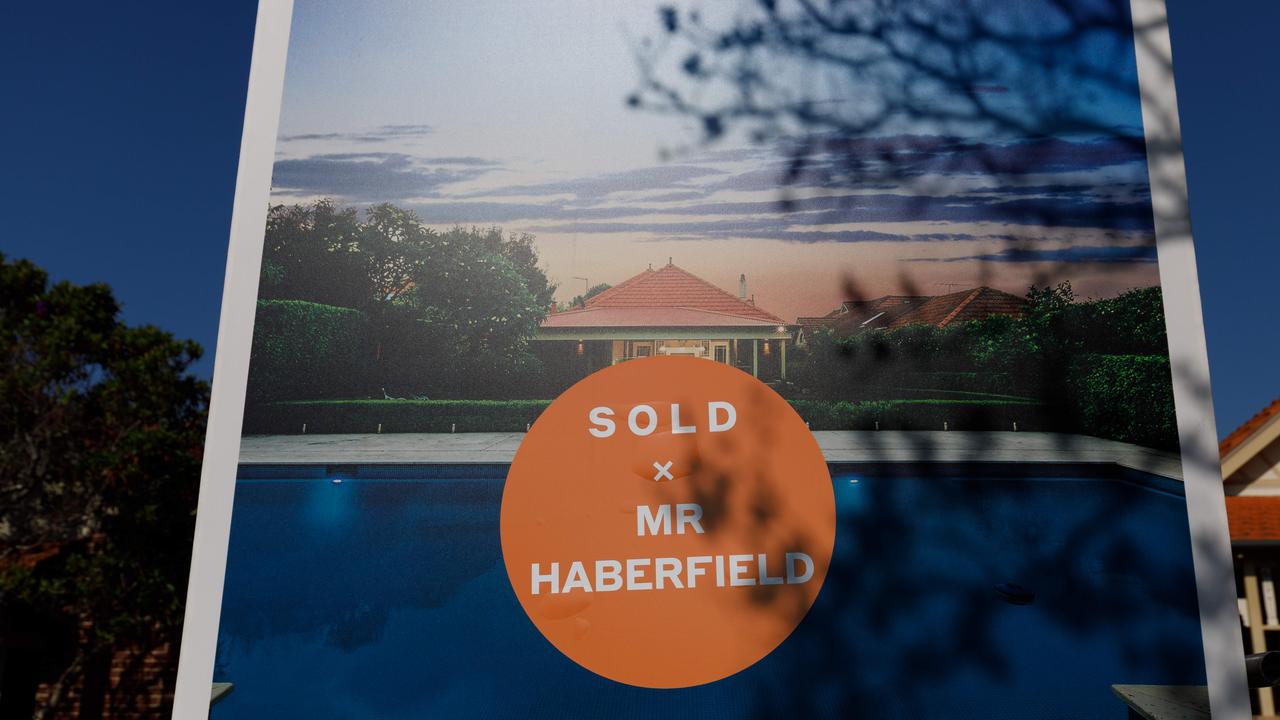At half a million dollars, are babies worth it?
THE average family will spend close to $1 million raising two kids: are they worth it, asks 14-weeks pregnant Jessica Irvine.

MY husband and I have just made possibly the most reckless financial decision of our lives.
I’m pregnant.
As an almost 14 weeks pregnant economist, I have to wonder at my choice.
Viewed in terms of a traditional cost versus benefit analysis, it’s pretty hard to make the numbers work.
JESSICA IRVINE: Truth is, no job is for life anymore
JESSICA IRVINE: New book The Bottom Line Diet
On the cost side of the equation, it is clear that children are a significant and ongoing drain on parental budgets.
Before we even glimpsed the telltale double lines, I estimate we’d spent $633 trying to get pregnant; including $150 worth of pre-pregnancy GP trips, $210 for pre-pregnancy vaccination top-ups, $147 for pregnancy multivitamins, $76 on pregnancy tests and $50 for pregnancy books.
Then, of course, things got really serious.
Another trip to the GP, an initial consult at an obstetrician, a deposit at the hospital, two ultrasound scans and some blood testing later, I estimate we’ve forked out $2,313 on pregnancy related costs so far.
But baby, we ain’t paid nothin’ yet.

The average Australian family will fork out nearly half a million dollars — $452,388 — to raise their first child until they move out of home, according to a recent study by AMP and the National Centre for Social and Economic Modelling. That is only just shy of the median capital city home price of $506,480.
But different families will spend different amounts raising their children.
High income couples will pay, on average, $878,862 for their first child, with a large part of that going on childcare and private school fees.
For low income couples, government support through family tax benefits will reduce the net cost of their first child to around $55,392.
But even for middle income families, having multiple kids could well end up costing more than the house you put over their heads.
According to NATSEM, the average middle income family will end up forking out $812,043 to raise two children.
The biggest cost is transport — including extra petrol use, school bus tickets and the cost of upgrading to a bigger car — at a cost of $158,955. This is followed by food ($143,48), recreation ($100,982) and housing ($77,996). This assumes the family does not send their children to a private school and that the mother only works part time, reducing the need for childcare.
High income couples will pay as much as $1,097,278 to raise two kids, assuming both parents work full time, access childcare from an early age and send their kids to private school.
Of course, none of this analysis includes the hit to the family budget from losing one partner’s income — usually the mother — when they take time off to care for the children. Nor does it include the hit that person’s future earnings if a break from the workforce means their prospects for promotion suffer.
Nor does it include the largely non-financial losses that parents suffer: having time and money for leisure and recreation themselves.

Of course, it might all be worth it if the pleasure parents get from raising their children is significant.
Just because something is expensive, doesn’t mean you shouldn’t buy it — provided the benefits outweigh the costs.
So what hard evidence do we have that children improve the lives of parents?
In fact, the available evidence suggests just the opposite. A survey of wellbeing released last week by NAB found people with children reported lower levels of wellbeing, life satisfaction and happiness — along with higher levels of anxiety — than people without children.
Living in a house with three or more people was associated with a lower level of wellbeing than either living along or as a couple (couples were the happiest).
But can we really blame? It’s hard to tell. Perhaps people of child rearing age happen to have other pressures contributing to their unhappiness — like a mortgage and extra demands at work.
Instead of dismissing parents as irrational, crazy people — who spend significant amounts of money for dubious gains — economists have decided the best explanation for this seemingly irrational behaviour is that kids are a consumption good. Parents, they reason, take great pleasure in paying for children to be part of their lives. In fact, given that households are spending an increasing proportion of their household incomes on child-rearing, kids are what economists call a “luxury good”.
I’m yet to meet a parent who hasn’t congratulated me wholeheartedly on our news. Perhaps everyone is just trying to justify their own choices.
Or perhaps that screaming, pooping, bundle of joy will truly be worth the half a million dollars we’re going to spend on him.
Yep, it’s a boy.



